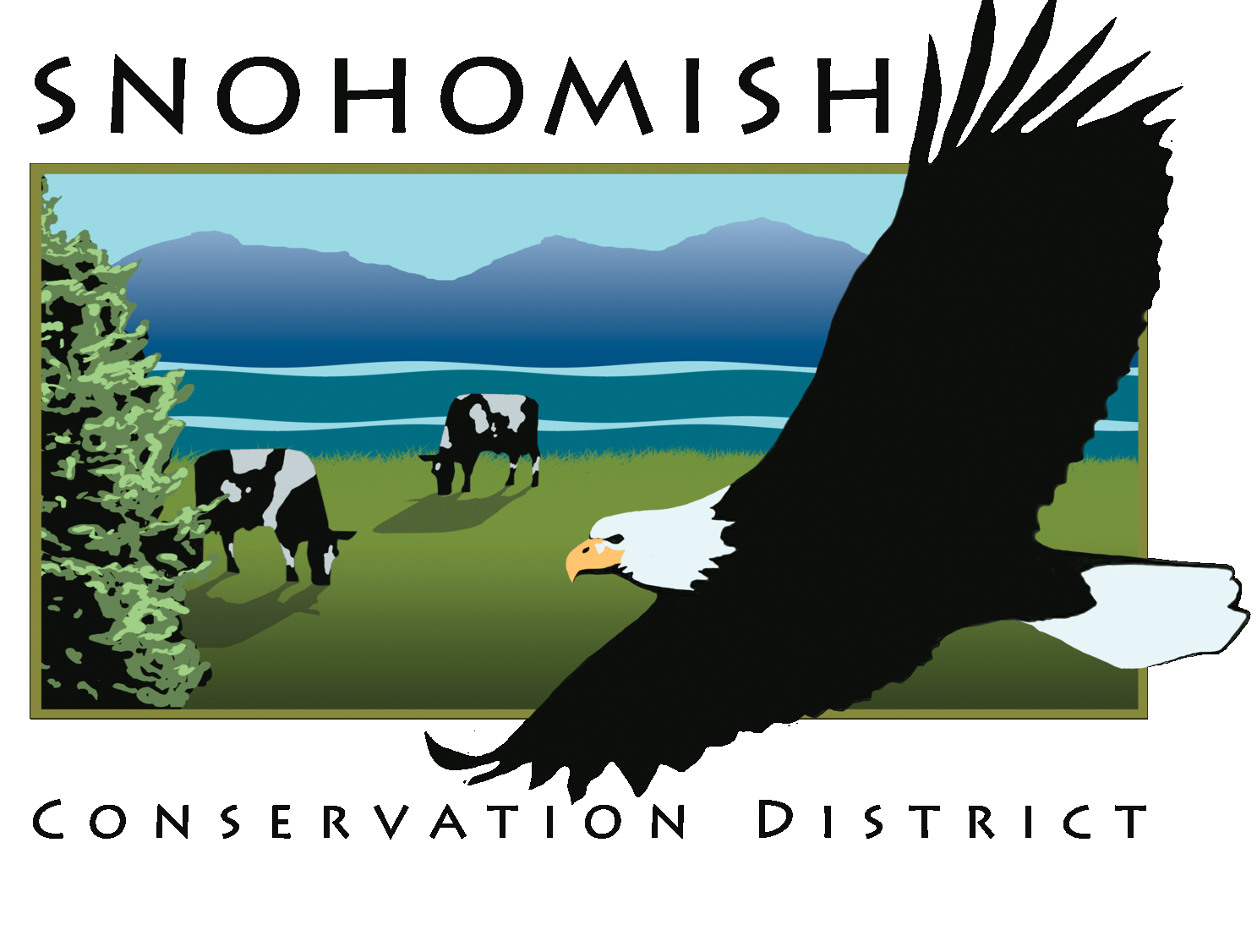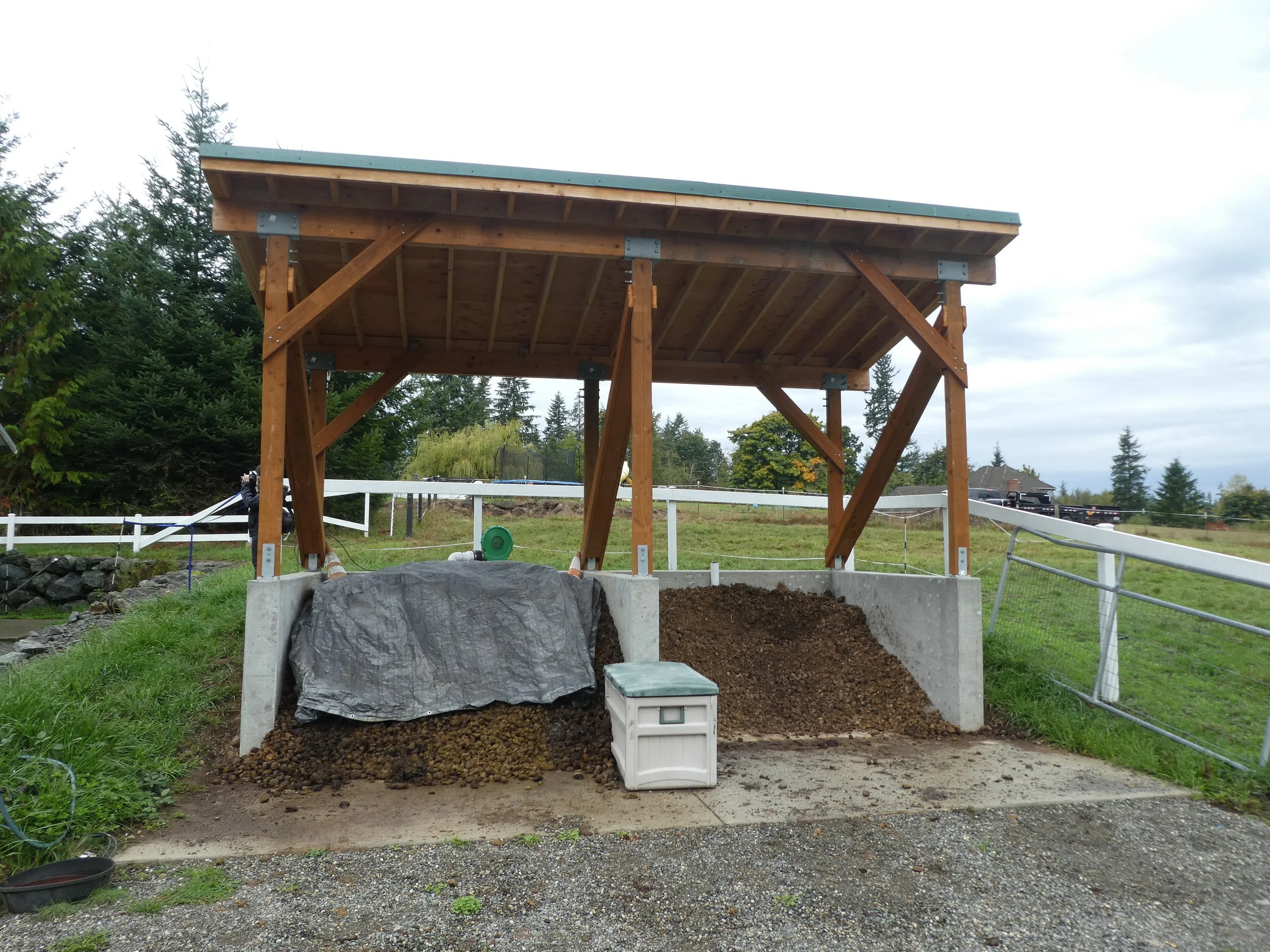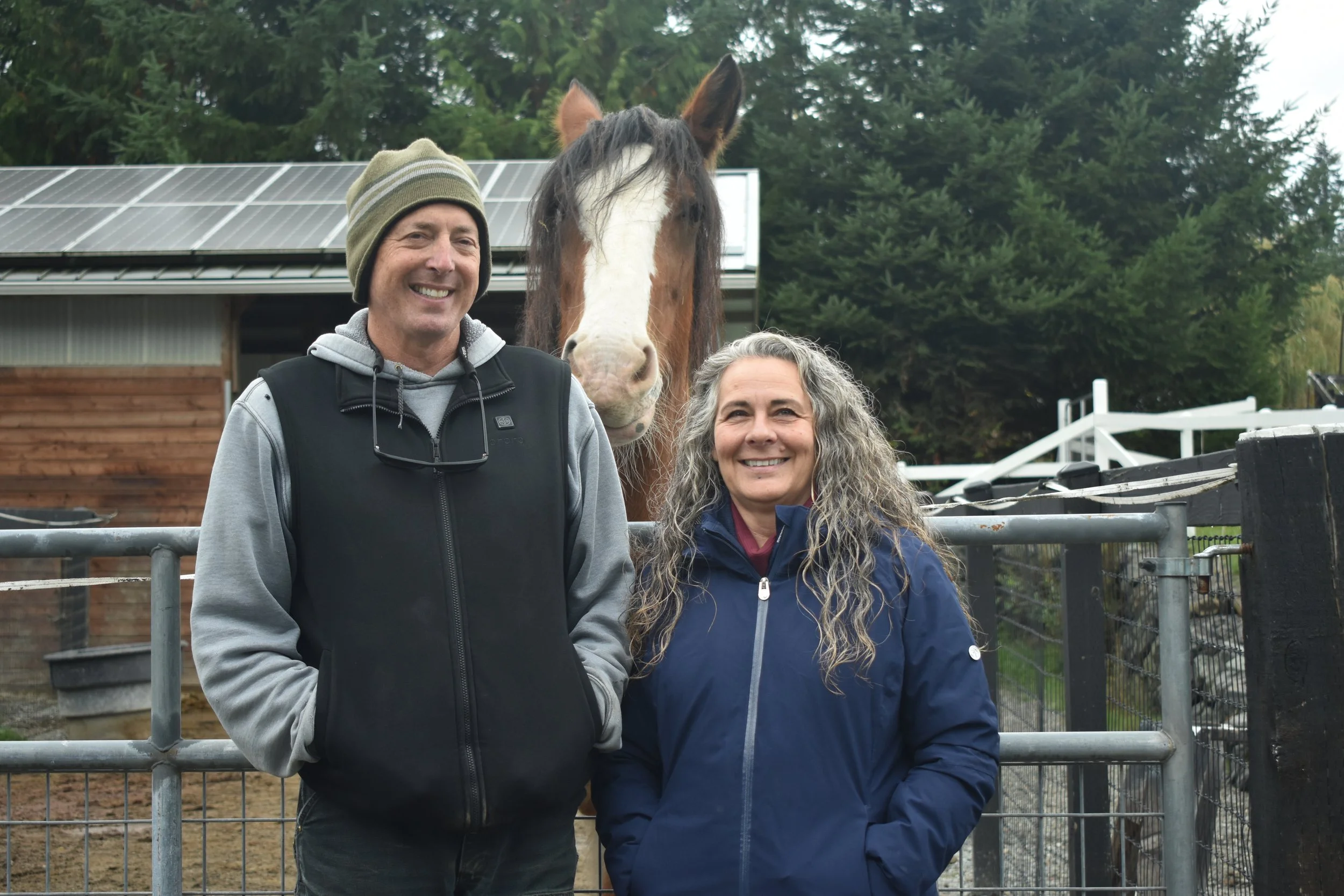Protecting Farming and Farmland
Educational Opportunities | Ways to Contribute | Culturally Relevant Foods | Growing Food | Free Food | Growing Local Markets | Mini Grants
Working Together for Better Ground Since 1941
In the 1930’s, the United States was experiencing the Great Depression and devastating dust storms across farm country. We were in a state of crisis, just like we are today. Due to drought and poor management of topsoil during the Dust Bowl, conservation districts were created to help farmers address soil conservation and food scarcity.
Conservation District Support
Across the United States, nearly 3,000 conservation districts offer free help to residents to steward land, water, forests, wildlife, and related natural resources. Your local District partners with individuals and groups to implement conservation practices, both urban and rural, on their land.
Agriculture Resilience Plan
The Agriculture Resilience Plan was designed for and by farmers to help us build a resilient agricultural community into the future through information gathering and sharing, online planning tools, project scoping and design, project implementation, and farmland protection.
Farm Planning Program
We have certified farm planners who will visit your farm for free and offer suggestions based on the goals you have for your property. In some cases, we may even be able to help cover the cost of improvements to your farm.
WA State Conservation Commission
Learn about agricultural easements, farm transition planning, mapping crops and parcels, farmland preservation reports, and a farmland preservation newsletter.
Forterra
Forterra is a Washington-based nonprofit that enhances, supports, and stewards the region’s most precious resources — its communities and its ecosystems. Forterra conserves and stewards land, develops innovative policies, and supports sustainable rural and urban development. In its 30-year history, Forterra has helped conserve more than 250,000 acres.
Washington Farmland Trust
“In Washington State, 75% of farmers over the age of 65 do not have a plan to transfer their land once they retire. ”
Access to affordable land is a significant barrier for new and beginning farmers. Washington Farmland Trust’s Farm to Farmer program supports landowners in the farm transfer process, while helping create land opportunities that allow local producers to succeed in farming. The program facilitates connections through a land-matching website, where participants can post listings about their land or farm businesses and communicate with one another.
Financial Support
Local food systems stakeholders can apply for grants collaboratively. If you are a farmer or organization involved in food production, food security, or food distribution and are interested in learning more about grants, then please reach out to us.
Snohomish County Programs
Snohomish County Agricultural Advisory Board
This board supports and reinforces the county’s agricultural preservation plan.
Snohomish County Farm Bureau
This is a voluntary organization representing the social, cultural, political, and economic interests of farm and ranch families at the local, state, and national levels.
Transfer of Development Rights
This program allows resource landowners within designated sending areas to sell the development value of their land and keep the right to use their land in ways that won’t impair its natural resource use.





















